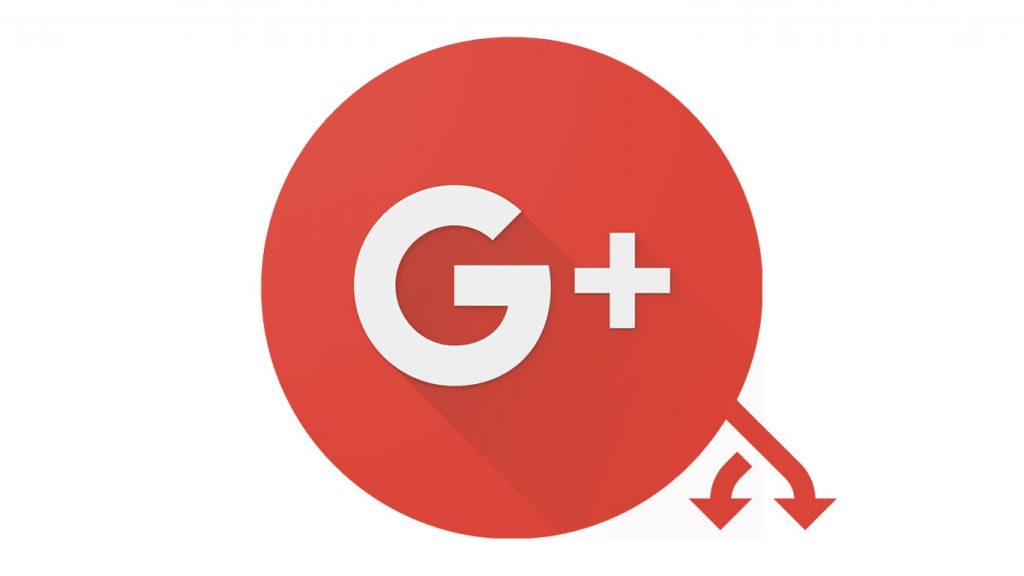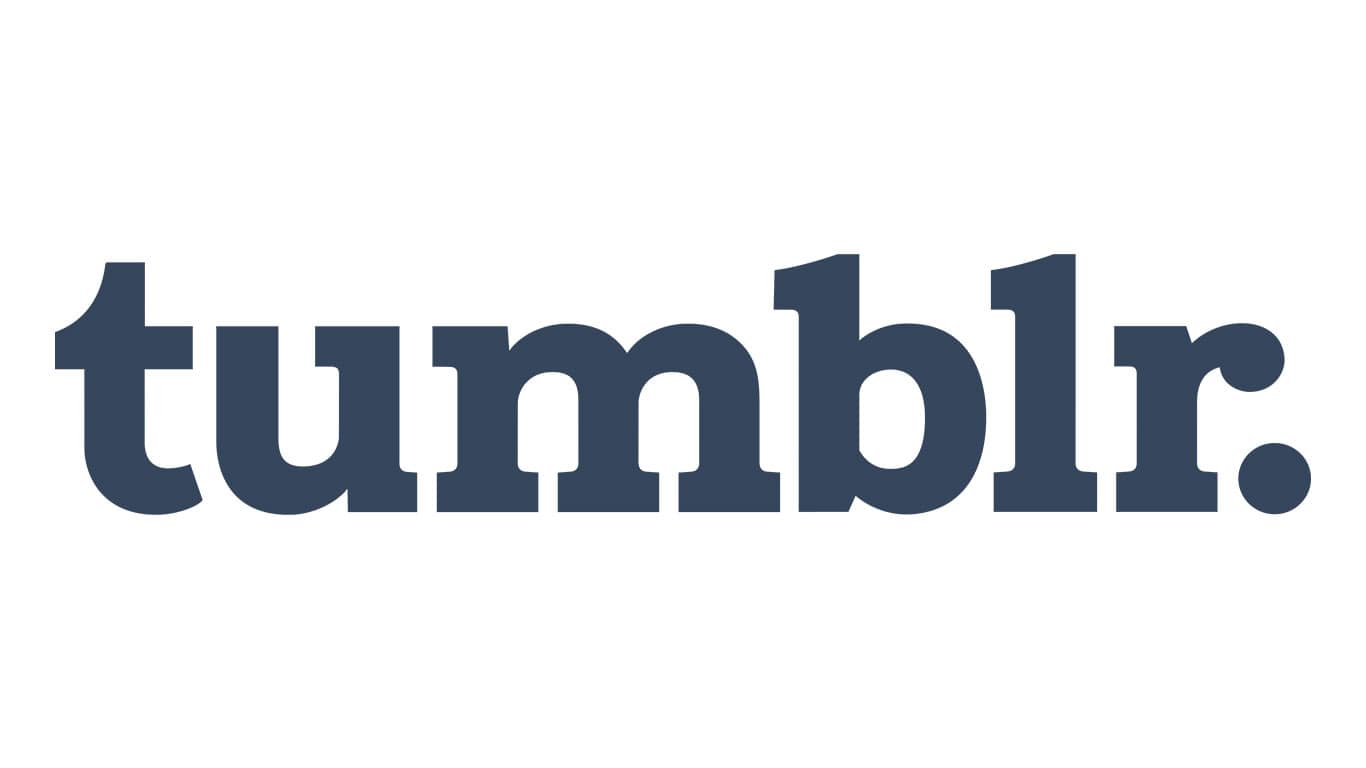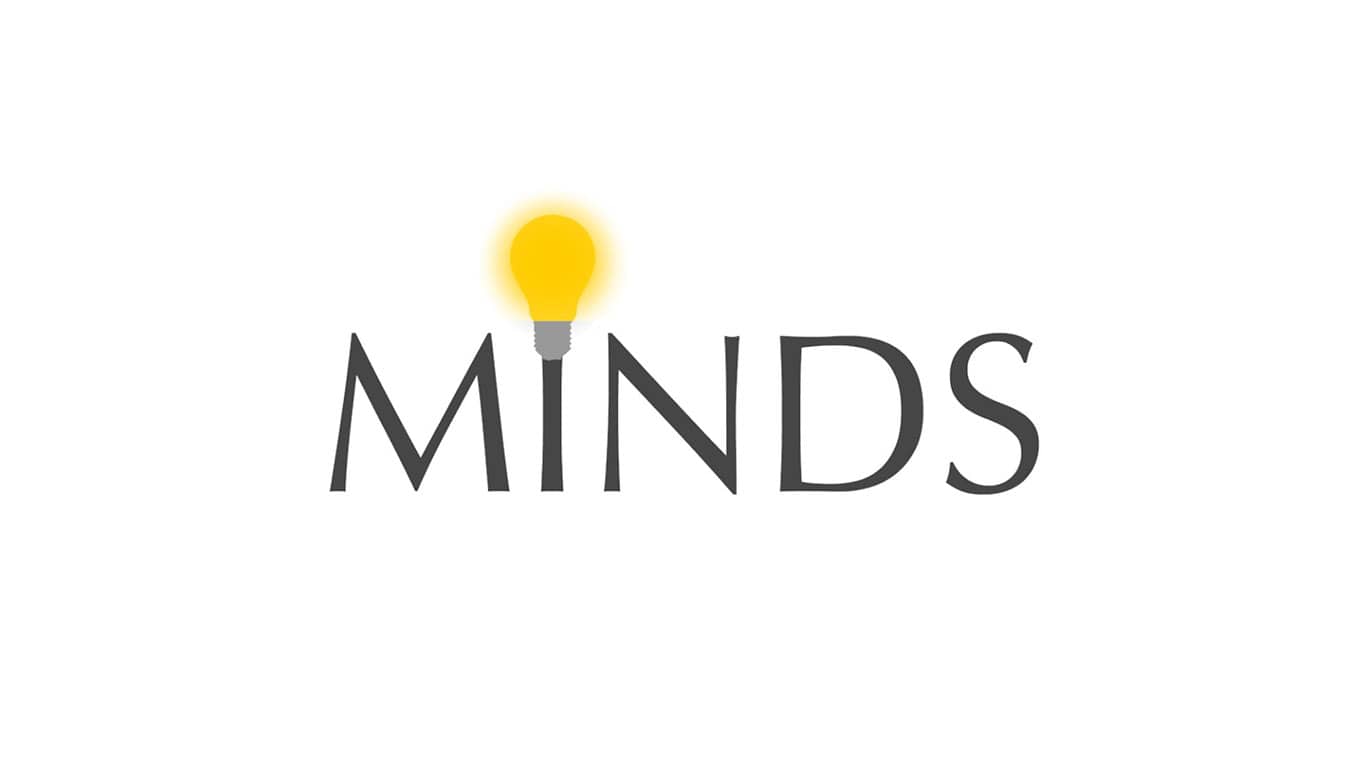
Google+ is search giant Google’s top social media offering. First trialed in mid-2011, it mixes the succulent dishes offered by most popular social media sites, spruces it up, and delivers it with a dab of honey and milk to make it go down easy. The Google+ universe consists of circles into which you assign people you know according to their roles in your life. With these, you can share, connect, and do much anything you feel up to. Google+ is excellent at making the world and its people better able to wonderfully mesh together.
But should you feel it’s not to your taste, there’s a bumper harvest of other alternatives that perform as well if not better in keeping you closer than a sweat-stained sweatshirt to the people you care about and sating your thirst for love, adventure, excitement, and a wondrous social media existence.
What to look for in a Google+ alternative?
Google+ was the company’s fourth and last attempt at cracking the social media code. Sadly, it didn’t pan out that well for them, even when the initial numbers were nothing short of promising. When the platform first launched in 2016, it amassed a following of almost 400 million users. Many even believed it to be a worthy rival to Facebook.
However, only three years later, the company announced it would be shutting down the service. So, it makes sense that users would want an alternative to Google+, which is why we have listed some things to look out for when deciding on one.
- Google has traditionally been a company that doesn’t seem to care much about privacy, so an alternative should offer better privacy and security features.
- It was also plagued by frequent data breaches, which is another thing to note when looking for a substitute.
- If you liked Google+, then you’d want a platform with community interaction.
- The worst thing about the platform was its confusing UI, so look for a platform that is easy to use.
- However, credit to Google, that it recognized the value of niche features. Thus, an alternative should offer something for even the smallest community of people.
- Also, the substitute platform should support and even promote customization, which is what we love about Google+.
- And finally, they should make sure the platform can be integrated with others. Today, a user is not exclusive to a particular app or social media platform.
Sites like Google+
Without further ado, here are the best Google+ alternatives that are totally worth checking out and eventually diving into.
1. Facebook

As of now, the world is Facebook crazy, and deservedly so. Facebook is unarguably among the top social media sites and a very worthwhile Google Plus alternative. It lets you make all the friends you like, keeps you connected and in tune with what they might be up to, and considerably makes the world sweeter, better, and more orgasmic.
Where would we be without Facebook in our lives? Let’s hope we never have to find out! You can also check a few of the best Facebook alternatives.
Pros
- Massive user base and reach
- Rich features for social networking
- Keeps you connected with friends
- Wide content sharing options
- Integration with businesses and brands
Cons
- Privacy concerns
- Algorithm-driven feed
- Ads and sponsored content
- Potential for misinformation
- Lack focus on specific interests
2. Tumblr

Tumblr is an excellent Google+ alternative that lets you share and share anything and everything. Extremely flexible, widely enjoyable, and ultra-sublime, it lets you post photos, texts, links, quotes, videos, music, and the like from your email, PC, browser, phone, and others.
A microblogging site like a few others, it’s all fun, and lots more fun. With Tumblr, you’ll more or less be doing cartwheels every day due to how fab it makes you feel!
Pros
- Flexible content sharing
- Microblogging with diverse media
- User-friendly on multiple devices
- An expressive and creative platform
- Personalization options
Cons
- Limited to specific niche interests
- Potential for explicit content
- Content diversity may vary
- Less focus on professional networking
3. Diaspora

Let’s say you get given the godlike power to take apart the likes of Facebook and pump inordinate amounts of steroids into its privacy-seeking muscles, what you get should be Diaspora. With this particular social media site, the fear the majority of us feel about the exposing of our private information is largely eliminated.
Therefore, users get to sleep easily and share anything they like with anyone they want in excellent safety. As a social media site where momentous things happen, it performs excellently and serves as a very viable alternative to Google+ or any other social media.
Pros
- Enhanced privacy features
- Eliminates fear of data exposure
- Share content safely
- Decentralized network
- Diverse user base
Cons
- Comparatively smaller user base
- Less brand recognition
- Limited to specific interests
- A less polished user interface
4. Pinterest

With Pinterest, you are kind of back in high school, with the corridors populated by all sorts of pinboards advertising or displaying this and that. You get to like the said pics, interact with people who share the same pictorial interests that you do, and give your eyes an orgasm every now and then.
Pinterest is rather picture-focused, but it still provides an excellent all-round performance that puts it solidly in line with a top Google Plus alternative.
Pros
- Visual content sharing
- Discover and interact with similar interests
- User-friendly pinboards
- Aesthetic and creative platform
- Enjoys a niche user base
Cons
- Limited to image-focused content
- Less diverse discussions
- May not cover all social networking needs
- Lack of professional networking features
5. VK

Russian-based, VK is one of the largest social media networks in the world and the biggest in the EU. Just like other social media users get to make, send, and share photos, videos, posts, and virtually anything else you might expect from a top social media site.
Presently available in 83 languages and counting and rocking a peerless customizable user experience, it’s a very viable Google+ alternative that has the potential of making you totally forget about Google+’s existence. Just forget the fact that it’s Russian-owned and simply drown in the rich goodies it sublimely serves up!
Pros
- Russian-based, large user base
- Multimedia content sharing
- Available in multiple languages
- Customizable user experience
- Similar features to major social media
Cons
- Smaller presence outside of Russia
- May not have the same global recognition
- Less brand trust in some regions
- Potential language barriers
6. Minds

Open-source and with an excellent focus on free speech, Minds is a social network that lets you say whatever you like however you like to whomever you like. This serves to make it a useful tool and a social media site totally worth befriending if you feel like getting an earful of the diverse opinions other people might have on equally diverse issues.
It stands out with a very professional interface and sublimely combines the features and contents of the likes of Facebook and YouTube. This firmly puts it in the list of the best alternatives to Google+ you can find on this sweet earth.
Pros
- Open-source and free-speech focus
- Diverse opinions and discussions
- Professional user interface
- Combines features of Facebook and YouTube
- Enhanced content control
Cons
- Doesn’t cover all interests
- Potential for extreme or controversial content
- Smaller brand recognition
7. Mastodon

Another free and open-source microblogging social media platform, Mastodon features extreme user customization and is an uber-lovable monster that’s well worth the stress of taming and befriending.
Few decentralized microblogging sites come as sweet and slick as Mastodon. Rock it and remake the world in the image of your words.
Pros
- Free and open-source microblogging
- High user customization
- Decentralized and secure
- Unique user communities
- Community-driven content control
Cons
- Feels slow sometimes
- Maybe less user-friendly for some
- Potential for decentralized content
- Has a small learning curve
8. Movim

Little known but widely admired by people in the know, Movim is an open-source distributed social network that permits users to set up their own servers with which to host content. These servers then work together to share user-generated content.
Due to this, your personal files are far more secure and not sitting pretty somewhere where they can be taken over, hacked, or be ill-used. Let loose on the social media landscape just a couple of months ago, it has the potential of growing bigger than ever and is well worth taking a good look at.
Pros
- Open-source distributed social network
- Secure hosting of user content
- Enhanced data security
- Potential for network growth
- Unique server-based content sharing
Cons
- May require more technical setup
- Smaller global recognition
- Recent platform with growth potential
- Security concerns
9. Twister

Decentralized and designed for matchless peer-to-peer microblogging, Twister comes with end-to-end encryption, which ensures nothing but the best confidentiality and privacy. Available on a variety of OS, it borrows components from some top social media sites and the security framework of Bitcoin to provide an ultra-secure and very hack-resistant social network service.
Got something to say, but you fear your government might chop off your head for it? Then, use Twister; it’s far better than Google+!
Pros
- Decentralized microblogging
- End-to-end encryption
- Strong privacy and confidentiality
- Available on various OS
- Secure communication service
Cons
- User experience needs some work
- Limited to specific use cases
- Migration is problematic
- Maybe less familiar to users
10. GNU Social

Kindly consider it a slightly downgraded version of Twitter, and you might well be right. It’s a free and thankfully open-source communication software that you can host on your own and that lets you seamlessly connect among diverse microblogging communities.
Very customizable and feature-packed for both amateur and professional computer hobbyists, it can be a little awkward for the guy in the street to configure and use. Still, it provides a very convenient service that can make it indispensable in the hands of someone who knows what he/she is doing.
Pros
- Open-source and customizable
- Connection among microblogging communities
- Feature-packed for various users
- Diverse microblogging capabilities
- Professional use for tech-savvy users
Cons
- Complex for non-tech users
- Smaller user base compared to others
- Might take weeks to get used to
11. Google My Business

If the primary reason you used Google+ was to promote your business, the best alternative for that specific use case is Google My Business. Dedicated to business listings, this Google service will provide your business the best exposure it can get on the internet.
Keep in mind that Google My Business is not a dedicated social media service. It is a way you can list your business, people can review it, contact you, and many more. It is best suited for business owners rather than individuals.
Pros
- Business promotion and exposure
- Direct customer engagement
- Reviews and contact options
- Ideal for business listings
- Google integration and trust
Cons
- Not a dedicated social media service
- Limited personal use
- May lack features for individual networking
- Focused on business owners
- Niche use case
Which one is your favorite Google Plus Alternative?
When Google+ no longer rocks your world, it’s time to expand your horizon by getting linked to other social media sites that make you feel like a five-year-old at a rad birthday party. While the above list is not exhaustive, they represent to us the best of the best. So, thumb your nose at Google+, check out the list, and come thank us later. Also, have a look at some of the Google alternative.
What do we recommend?
Since Google+ is now dead, users would want to move on to the next big thing. Today, the internet is fraught with social media websites, some good, some not so much. If we have to, then we will surely recommend something that can be adopted by most of the users, like Facebook. It is a great social media platform that offers everything that Google+ did and much more. Another would be Pinterest.
Diaspora is also a good option for those looking to take their privacy seriously. And if you reside in the EU, then you might want to check out VK, the largest social media platform in that corner of the world.